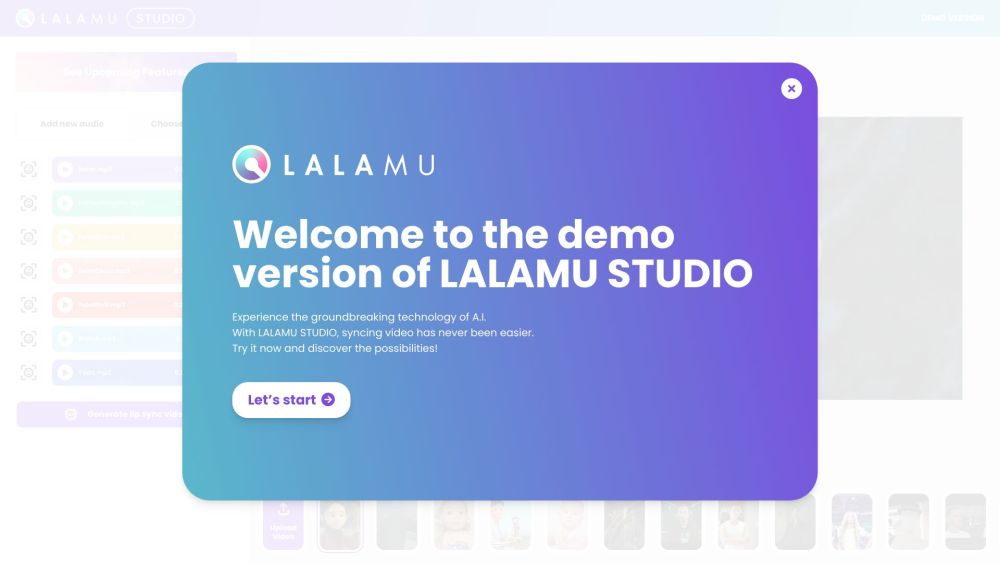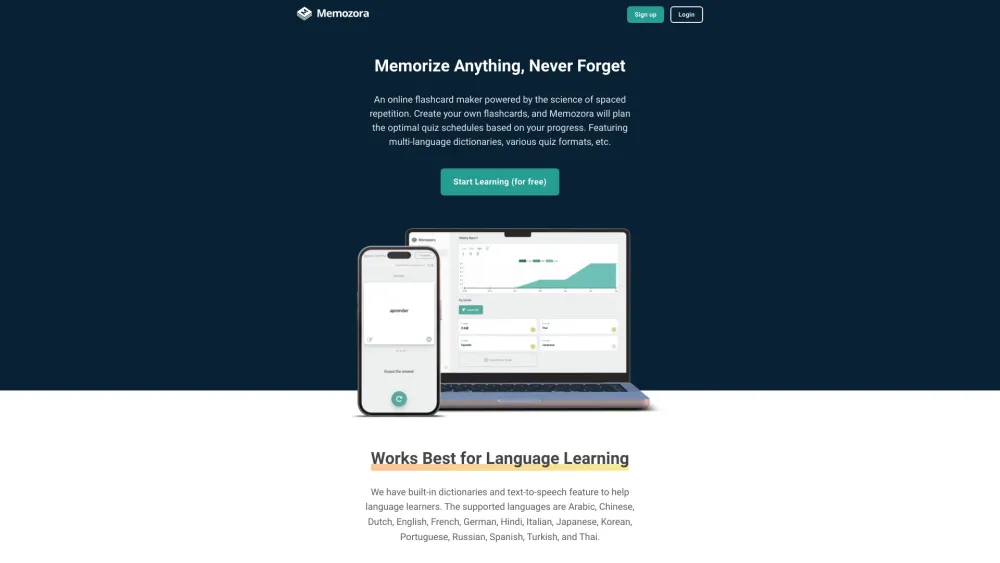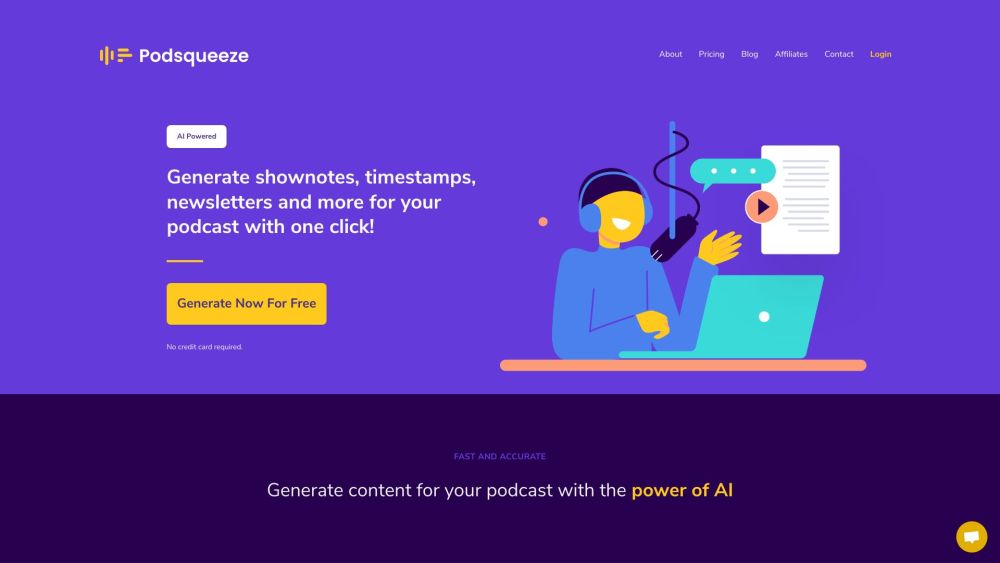OpenAI, the leading artificial intelligence research company, has unveiled a new generation of embedding models that transform text into numerical representations suitable for various machine learning tasks. Alongside this, the company introduced enhanced versions of its GPT-4 Turbo and GPT-3.5 Turbo models, updated moderation models, new API usage management tools, and a 25% price reduction on the GPT-3.5 Turbo model.
Embeddings are numerical sequences that represent concepts in content such as natural language or code. They enable machine learning models to efficiently understand relationships within the data, facilitating tasks like clustering and retrieval. Embeddings underpin applications like knowledge retrieval in ChatGPT and the Assistants API, as well as many retrieval-augmented generation (RAG) developer tools.
OpenAI's new embedding models, text-embedding-3-small and text-embedding-3-large, deliver enhanced performance and affordability compared to the previous text-embedding-ada-002 model. These new models generate embeddings with up to 3072 dimensions, capturing more semantic information to improve the accuracy of downstream tasks.
Notably, the average score on a widely used benchmark for multi-language retrieval (MIRACL) has risen from 31.4% to 54.9% with the new models, while the score for English tasks (MTEB) has increased from 61.0% to 64.6%. The pricing for text-embedding-3-small has been reduced by five times compared to its predecessor, making it more cost-effective for developers.
Additionally, OpenAI has improved its GPT-4 Turbo and GPT-3.5 Turbo models, which can understand and generate both natural language and code. The latest versions offer enhanced instruction following, JSON mode capabilities, more reproducible outputs, and support for parallel function calling. A new 16k context version of GPT-3.5 Turbo has also been introduced, allowing for the processing of larger inputs and outputs compared to the standard 4k version.
The text moderation model has also been updated to better detect potentially sensitive or unsafe text. This new version can handle a greater range of languages and domains and provides explanations for its classifications.
Developers can now manage API keys more effectively, creating multiple keys with different permissions and scopes while monitoring API usage and billing on the OpenAI Dashboard. The anticipated price reduction of 25% for the GPT-3.5 Turbo model aims to enhance accessibility, encouraging more developers to leverage this resource in their applications.
These updates reflect OpenAI's commitment to continuously improve its models and services to better serve developers and customers. The company welcomes developer evaluations to aid in refining the models for diverse use cases and promises ongoing enhancements, features, and tools in the future.





